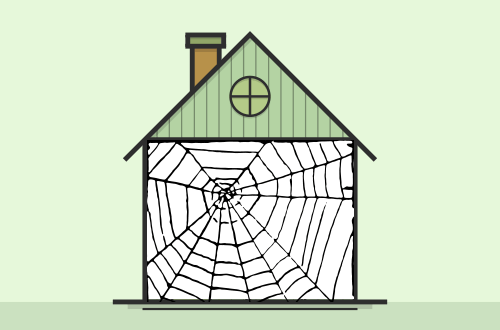
When preparing your personal income tax return for 2022, there is a new tax that you should be aware of that may apply to you.
The Underused Housing Tax is an annual 1% tax on the ownership of vacant or underused housing in Canada that took effect on January 1, 2022. The tax usually applies to non-resident, non-Canadian owners. However, in some situations, it applies to Canadian owners.
Excluded Owner
You are considered an excluded owner of a residential property in Canada if you have no obligations or liabilities under the Underused Housing Tax Act.
An excluded owner includes:
- Canadian citizens or permanent residents (unless they are in the list of affected owners)
- Any person that owns residential property as a trustee of a mutual fund trust, real estate investment trust or specified investment flow-through trusts
- Canadian corporations whose shares are listed on a Canadian Stock exchange.
- Registered Charities
- Cooperative Housing Corporations
- Indigenous governing body or a corporation wholly owned by an Indigenous governing body.
Affected Owner
If you are not defined as an excluded owner, Canada Revenue Agency refers to you as an affected owner and you have obligations under the Underused Housing Tax Act.
An affected owner includes:
- Individuals who are not Canadian Citizens or permanent residents
- An individual who is a Canadian Citizen or permanent resident who owns residential property of a trust (note: there is an exception for a personal representative of a deceased individual)
- Any person that owns residential property as a partner of a partnership
- A corporation that is incorporated outside Canada.
- Canadian Corporations whose shares are not listed on a Canadian stock exchange (Private Corporations)
- A Canadian Corporation without share capital.
Affected owners must file an Underused Housing Tax return for each residential property that they own in Canada on December 31 of each year.
Penalties
If you fail to file an Underused Housing Tax return, there are significant penalties. If you an affected owner that is an individual, the minimum penalty is $5,000 with corporations being subject to a minimum penalty of $10,000.
Exemptions
There are exemptions from the Underused Housing Tax each year depending on the following:
Ownership
Specified Canadian Corporation
- This includes Federally or Provincially incorporated entities.
- Not included under this exemption are corporations where 10% or more of ownership or control of shares is held by individuals that are neither Canadian Citizens nor permanent residents of Canada or foreign corporations.
Specified Canadian Partnership
- A partnership for which each member is either an excluded owner or a specified Canadian corporation on December 31st of the year.
Specified Canadian Trust
- A trust under which each beneficiary is either an excluded owner or a specified Canadian corporation on December 31st of the year.
New Owner in the Calendar year
- This applies for the calendar year when a person fist becomes an owner of a residential property, as long as they never owned the property for the past nine years.
Deceased owner
- If the owner died during the calendar year or the previous calendar year. This exemption extends to their personal representative (executor or administrator of the estate) as long as they did not own the property in the calendar year or prior year
Availability
New buildings
- An exemption applies to residential property if it has not been substantially completed.
Hazardous Condition
- If a residential property is unhabitable for at least 60 consecutive days in the calendar year as a result of a disaster or hazardous conditions, the tax does not apply.
Renovations
- If the property is uninhabitable for at least 120 days due to renovations in the calendar year.
Location and Use
Vacation/recreational property
- If the property is located in Canada a census area having less than 30,000 or more residents.
- The property must be used by the owner for at least four weeks in the year.
Occupant
Primary place of residence
- You, your spouse or your child who is attending a designating learning intuition, or,
- An arm’s length tenant
- A person who does not deal at arm’s length but pays fair rent for the property.
Returns and remittances
The Underused Housing Tax is due on April 30 of the following calendar year. Therefore, for the 2022 year, a return must be filed by April 30, 2023. The tax is also due on or before April 30th.
Calculation what is owing
The tax rate for the Underused Housing Tax is 1%. This is calculated by multipling the value of the residential property by 1% then multiplying that result by your ownership percentage of the property.
Implications
Due to the broad reaching provisions of this tax, there are many Canadian properties what will have an annual filing requirements, even if no tax is payable. Failure to file a return by the due date may result in penalties including the loss of certain exemptions. It is important that you review this issue with a tax professional to determine whether this applies to you.
If you would like to know more, please contact our office for trusted advice and personal service.
